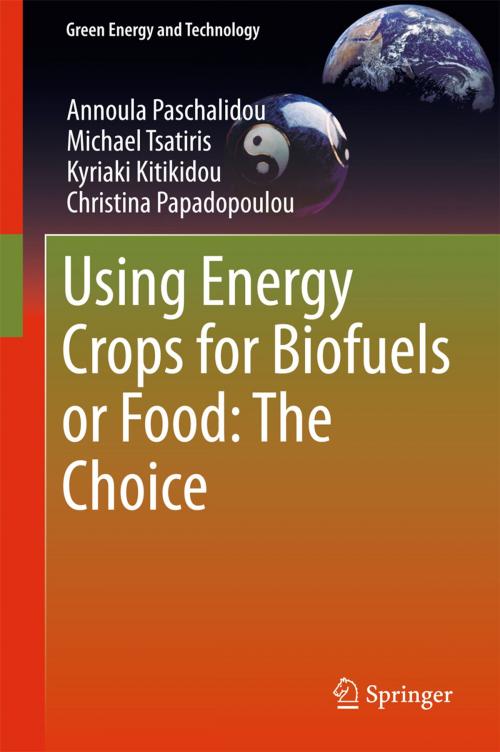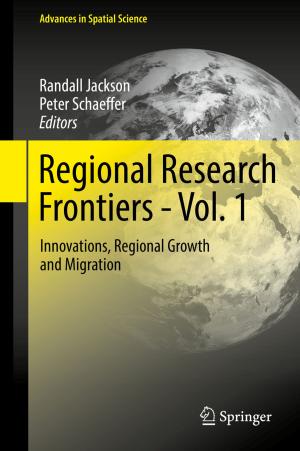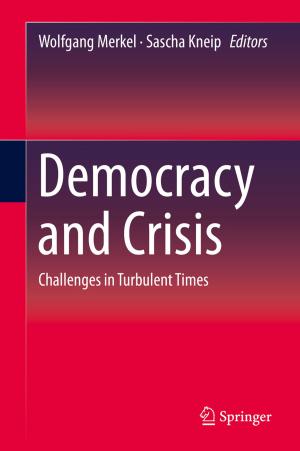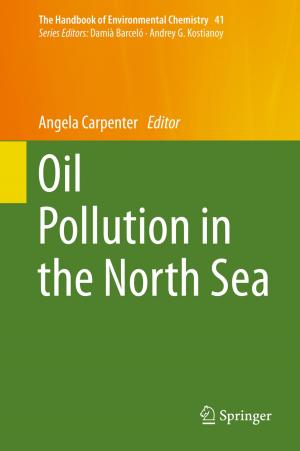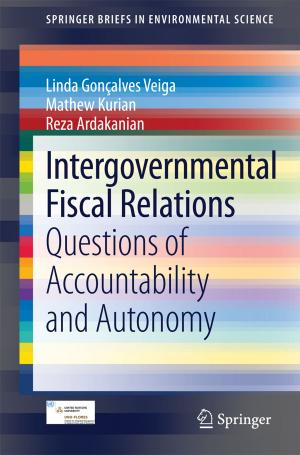Using Energy Crops for Biofuels or Food: The Choice
Nonfiction, Science & Nature, Science, Physics, Energy, Business & Finance, Economics, Technology| Author: | Annoula Paschalidou, Michael Tsatiris, Kyriaki Kitikidou, Christina Papadopoulou | ISBN: | 9783319639437 |
| Publisher: | Springer International Publishing | Publication: | May 10, 2018 |
| Imprint: | Springer | Language: | English |
| Author: | Annoula Paschalidou, Michael Tsatiris, Kyriaki Kitikidou, Christina Papadopoulou |
| ISBN: | 9783319639437 |
| Publisher: | Springer International Publishing |
| Publication: | May 10, 2018 |
| Imprint: | Springer |
| Language: | English |
This book performs a SWOT (strengths, weaknesses, opportunities and threats) analysis to examine the current food crisis and how it relates to the use of crops for energy. It analyses how energy crops may help solve humankind’s environmental changes and summarises the economic and practical changes of cultivating and utilising energy crops. Two of humanity’s greatest challenges are the need for more food production as well as growing demands for energy. Biofuel cultivation has been identified as a solution to growing energy use, and biomass power plants offer a rare renewable energy source that requires only basic technology.
In this context, a dilemma arises concerning whether energy crops should be used for energy or to help remedy the food crisis. SWOT analysis allows us to organise and weigh different pros and cons against each other in terms of economics, job creation, environmental impacts, the climate change agenda, and European Union (EU) directive
s that promote biofuels over fossil fuels. By pursuing this approach, the book helps researchers and decision-makers cut through the many competing arguments in connection with this complex subject.
This book performs a SWOT (strengths, weaknesses, opportunities and threats) analysis to examine the current food crisis and how it relates to the use of crops for energy. It analyses how energy crops may help solve humankind’s environmental changes and summarises the economic and practical changes of cultivating and utilising energy crops. Two of humanity’s greatest challenges are the need for more food production as well as growing demands for energy. Biofuel cultivation has been identified as a solution to growing energy use, and biomass power plants offer a rare renewable energy source that requires only basic technology.
In this context, a dilemma arises concerning whether energy crops should be used for energy or to help remedy the food crisis. SWOT analysis allows us to organise and weigh different pros and cons against each other in terms of economics, job creation, environmental impacts, the climate change agenda, and European Union (EU) directive
s that promote biofuels over fossil fuels. By pursuing this approach, the book helps researchers and decision-makers cut through the many competing arguments in connection with this complex subject.
